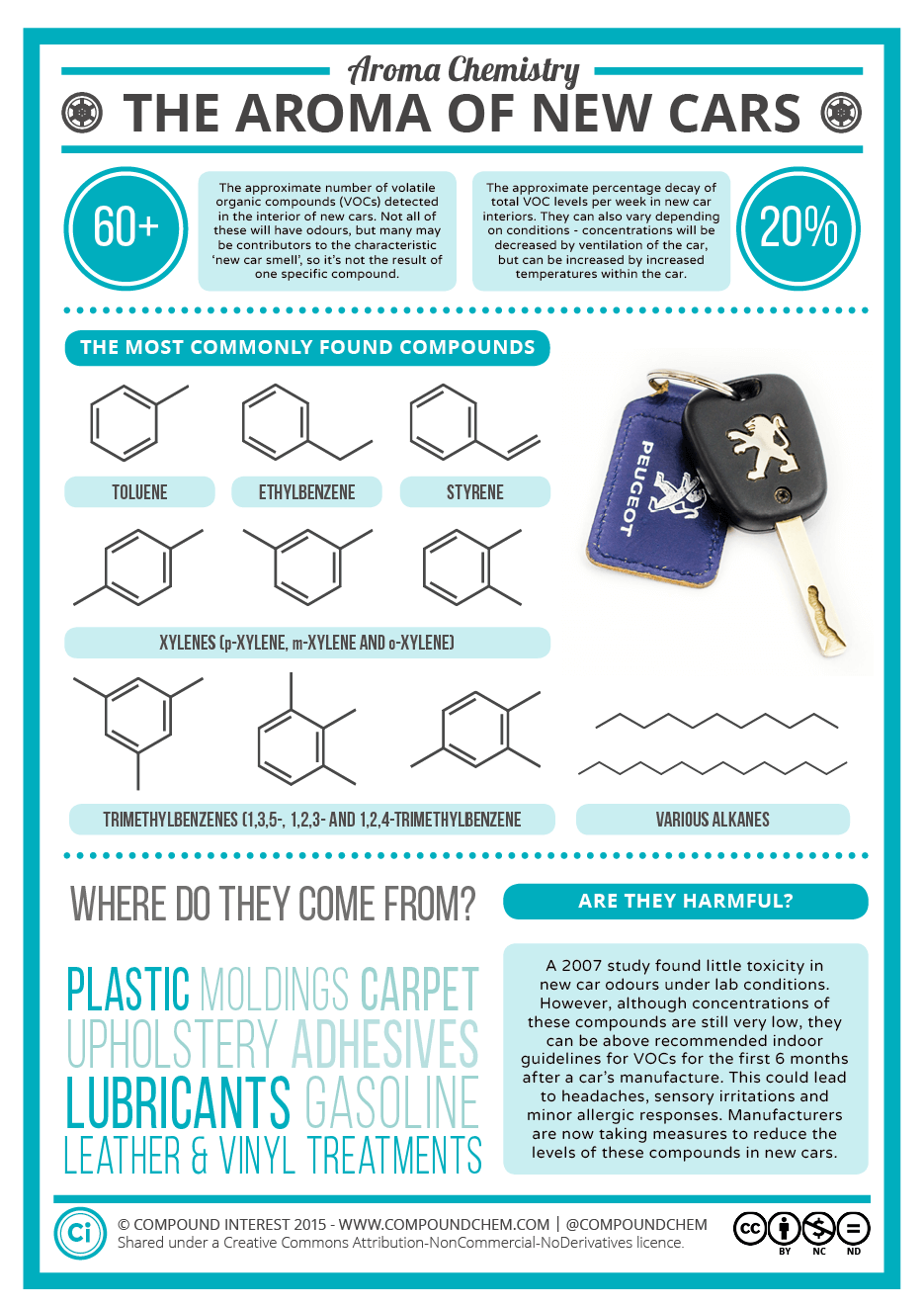

I’d like to see a world more like that, but it feels like something that would require a society much different than the one we currently have.
Even your simplified mention of freeing IP not being marketed, in the Internet age, does having an item listed as for sale but out of stock or for an unreasonable price counted as being marketed? It’s technically advertised for sale at no real cost, and can be done so in perpetuity. Or they could sell themselves product to show legal sales.
Simple rules and judgement operating under the intentof the law makes sense to rational individuals like us, but with scammy business and individuals, that’s why we end up with a complex legal system. If we hate when legal loopholes are taken advantage of, we can’t outright hate when laws get more complex.


I agree. In a way, I’d prefer the majority of the bad takes I see to be from bots or paid actors, but from listening to family and coworkers long enough, it’s easy to see you don’t need to script or pay people to get terrible opinions. Just give them a platform and they’ll unfortunately provide themselves to no end.
If it was fake, it’d be easier to write them off. It’s much harder to accept that we share the same reality.